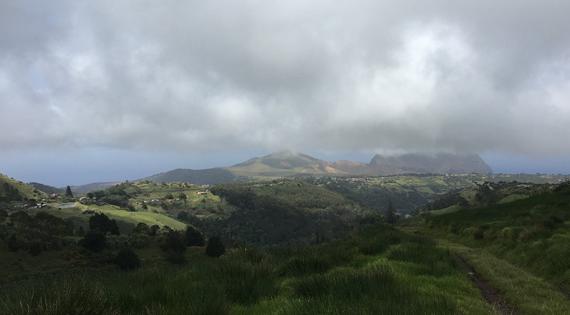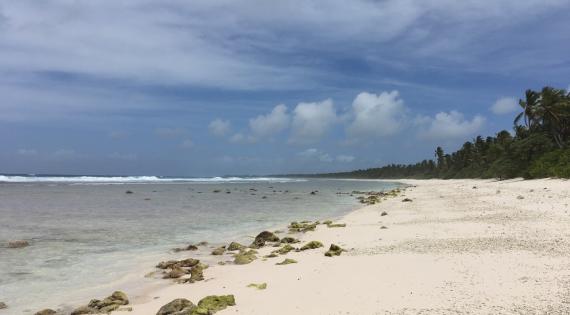Invasive species have been identified as a major driver of biodiversity loss, however we need better information to manage the risks. There are major gaps in baseline knowledge on Invasive Non-Native Species (INNS) globally.
The challenge
Project details
Timescale: July 2022 to March 2025
Lead organisation: UK Centre for Ecology & Hydrology
Partner organisation: Joint Services Health Unit
This project is focused on the UK Overseas Terrorities (UKOTs).
INNS inventories will be derived for each UKOT through collation of information from existing sources alongside on-line recording. The information compiled will underpin modelling frameworks, incorporating climate extremes, to predict arrival and spread of INNS and ultimately supporting improved biodiversity indicators and action.
The inventories, consolidated through the Non-Native Species Secretariat, will inform conservation, education, research, and disaster recovery plans in response to climate change.
Final Presentation
Work packages (WP)
WP1: Establish non-native species inventories
WP2: Collaboratively prioritise and develop approaches to implement monitoring and surveillance of invasive non-native species
WP3: Pilot modelling approaches to predict spread of invasive non-native species across the UKOTs in extreme weather events
WP4: Capacity sharing and training
See also
Introductory presentation on DPLUS175 UKOT Darwin Plus Project

St Helena

Diego Garcia in the British Indian Ocean Territory



